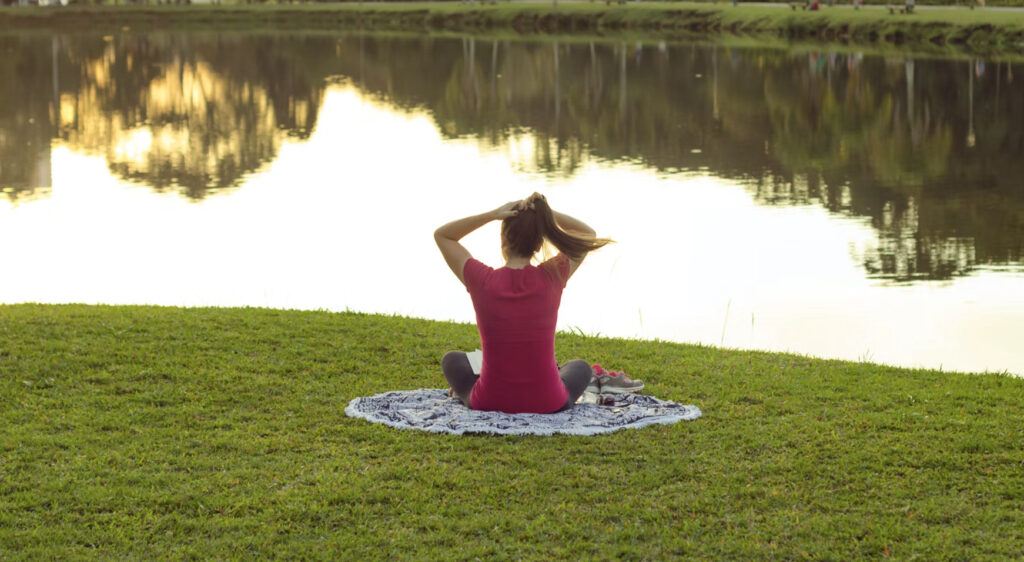By Tim Irvine
The rest is as important as the work! I remember my strength coach in university talking with us about this very fact. In retrospect, it was probably the best program I have ever been on. Lots of variety in programming as well as intensity, and room for some fun too. What I didn’t know at the time was how universally the message applies. I’ve now seen it in action for two decades (plus) with a wide variety of clients, but also with research and real-world experiences.
Let’s start with the obvious, the highest levels of sport. Twenty-five years ago, it was rare to hear about an elite athlete competing at the highest level beyond 30 years old. In 2022, it is commonplace with more and more of them still competing at 40+. The biggest change by far is how much recovery the athletes receive. The old methods applied high intensities in practice along with the same in individual workouts. Fatigue was a natural result and that lead to a greater incidence of injury, performance lag, and in most cases, retiring before 30.
The emphasis on recovery has been incredible, particularly in the last five years. If you heard the term ‘load management’ ten years ago, you would think it related to a forklift in a warehouse. Now it’s common to manage an athlete’s overall workload to ensure proper levels of recovery so they can perform at their best at the most important times.
Moving into the real world, the same theme can apply to non-athletes who are incredibly busy. Imagine a person who works 60 hours weekly. That means long days, as well as weekend time, focused on work. (As I write the number 60, it doesn’t seem dramatically high, but when you think about it, that is a big, big number). Sixty hours a week for 50 weeks will create fatigue that you may not even be aware of. It will compromise your work performance and not allow you to achieve the quality you would like. It will also dull your experiences outside of work. That fatigue is real and if you carry it into your close personal relationships, they will not be as positive as they otherwise would be. Events that should be fun feel like work. This can create a vicious cycle by increasing stress which, in turn, makes it more difficult to recover.
Circling back to the title of this article, the way to get the most out of everything you do is to make sure you have the energy to make it successful, but also enjoyable. Constantly ‘powering through’ life is not a positive strategy. If that is more your norm, then focusing on one or more of the following is a good idea.
- Sleep hours each week – >50
- Work hours each week – <45
- Hours focused on your personal enjoyment each week – >= 7
- Social time each week – >=7
As one of my peers recently said to me after going through a tough patch in his life, “You need to persevere, but you also need to live life”. He couldn’t be more right about that and everything you do will get better as a result. The rest is just as important as the work!

